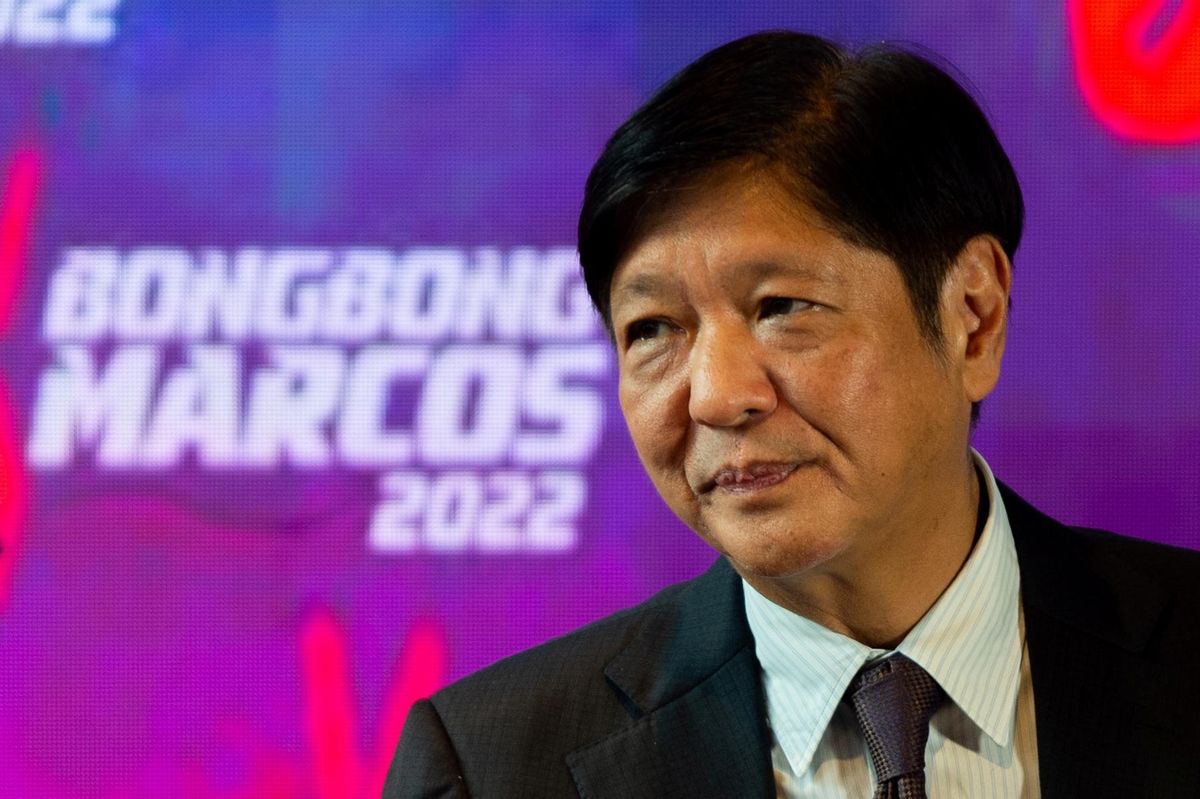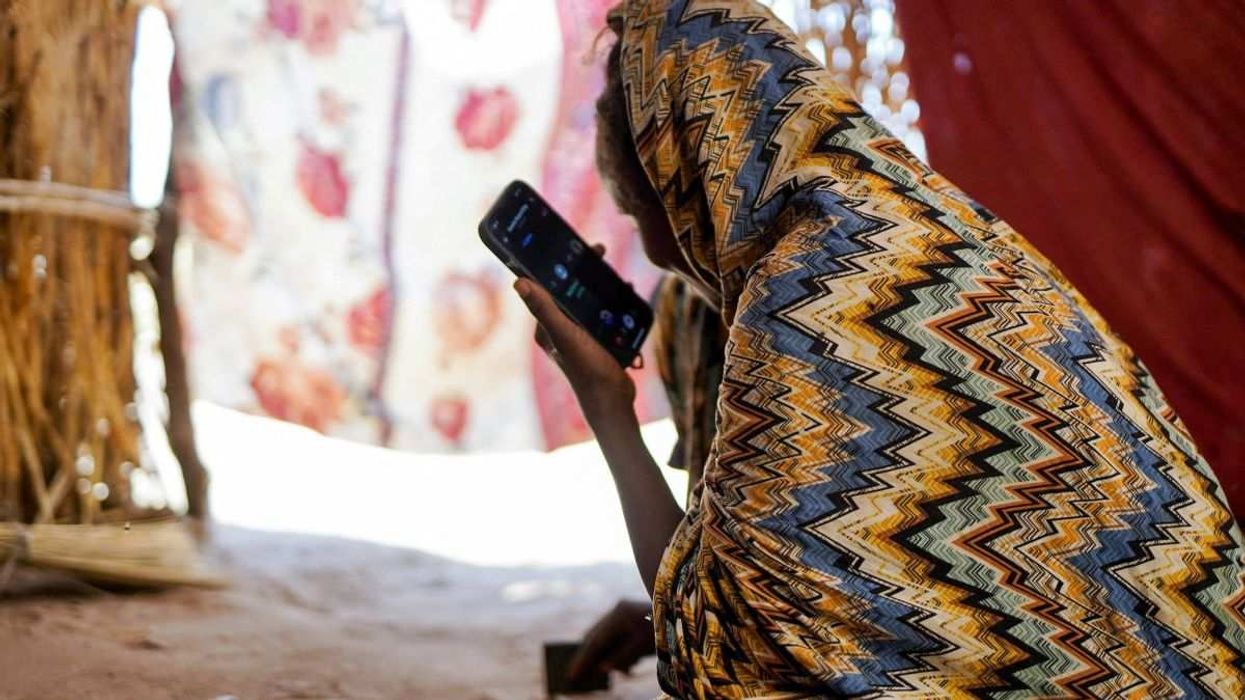Will Marcos 2.0 be kind to the Philippine media?
Weeks after winning the election in a landslide, Ferdinand Marcos Jr. (aka Bongbong, or more recently BBM) will be inaugurated on Thursday as president of the Philippines. He has a lot on his plate, including uniting — as he promised repeatedly during the campaign — a country deeply divided over the legacy of his father, the late dictator. One issue that'll surely pop up soon is how he'll handle the media, which was heavily censored under the elder Marcos’ martial law. On Tuesday, the Philippine SEC ordered the shutdown of Rappler, the news site run by Nobel Peace Prize laureate Maria Ressa, a vocal critic of outgoing strongman President Rodrigo Duterte. BBM will also face pressure to return a broadcast franchise to ABS-CBN, the country's biggest network, which Duterte canceled in early 2020 (and Marcos' dad also took off the air entirely in the 1980s). Supporters say Marcos 2.0 wants to kick off his presidency with a charm offensive to appease his enemies, but he may have more of a problem with his most powerful friend. Overturning two of Duterte's most controversial decisions would not go down well with the famously pugnacious outgoing leader — whose feisty daughter is … Marcos’s VP.
Religious tensions put Indian state on high alert
Authorities in Udaipur — the capital of Rajasthan, India's largest state — have cut off the internet and banned large gatherings amid fresh religious tensions over the murder of a Hindu man by two Muslims. The suspects — now in custody — recorded the violence and posted it online, claiming they were justified because the victim had voiced support for two now-suspended officials from the ruling Hindu nationalist BJP party who made controversial comments about the Prophet Mohammed a month ago. The comments sparked violent protests throughout India, as well as a diplomatic kerfuffle with the Islamic world, yet PM Narendra Modi has rebuffed calls for an apology. (In another video, the assailants of the Hindu man’s murder appear to threaten Modi with cleavers.) Religious tensions are common in majority-Hindu India, so what's different now? First, attacks by Muslims against Hindus are rare and will surely inflame the latter; second, the clip is still going viral among Hindu nationalists outside Udaipur — upping the odds of further violence that could spread. In case you're wondering, the state is governed by the opposition Congress Party, always eager to score political points by blaming the crisis on the BJP.


















